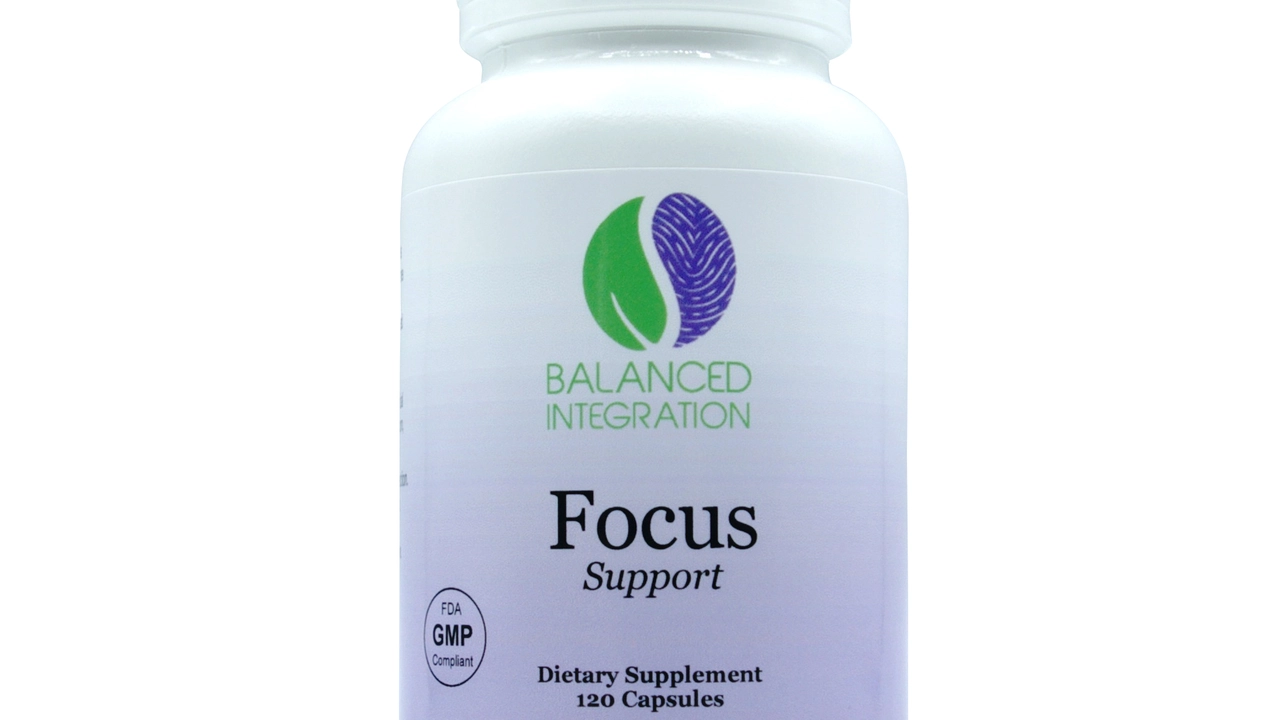Buttercup Dietary Supplement: What You Need to Know
Heard about a "buttercup" supplement and wondering if it’s safe or useful? The name can mean different products: some supplements use extracts from plants in the buttercup family, while others use similar-sounding herbs or branded formulas. That confusion makes it easy to buy the wrong thing. This page helps you tell the difference, checks safety risks, and gives clear buying tips so you can make smarter choices.
What is a buttercup supplement and how people use it
Some products labeled “buttercup” contain extracts from Ranunculus species or related plants. Others are blends that only borrow the name. Manufacturers sometimes market these for general wellness, topical skin use, or as part of traditional herbal blends. There’s no single standard ingredient profile, so labels matter.
It’s common to see "buttercup" in homeopathic or topical herbal products rather than mainstream oral supplements. If a product claims major health benefits—weight loss, cure, or big medical results—be skeptical. Those claims are often unsupported.
Safety, dosing, and smart buying tips
Safety is the main issue. Many raw buttercup plants contain irritating compounds (like protoanemonin) that can cause skin rash, mouth irritation, or stomach upset if taken the wrong way. For that reason, don’t use homemade teas or fresh plant preparations unless a reliable source confirms safety.
Follow these practical rules:
- Read the ingredient list closely. Look for scientific names and see whether the product uses a standardized extract. If the label is vague, avoid it.
- Use only products tested by third parties (USP, NSF, Eurofins). Lab testing reduces the chance of contamination and verifies potency.
- Follow the label dose. There’s no universal dose for "buttercup"—manufacturers set their own. If your healthcare provider suggests a different amount, ask why and get a clear plan.
- Avoid if pregnant, breastfeeding, or giving to young children unless a clinician approves. Plant extracts can interact with medicines, especially blood thinners and drugs that affect the liver.
- Watch for side effects. Stop use and talk to a clinician if you get skin irritation, stomach pain, dizziness, or allergic reactions.
Where to buy: choose reputable retailers, read recent customer reviews, and prefer products with clear contact info and refund policies. If an item is unusually cheap or claims miracle effects, walk away.
Questions to ask when evaluating a product: What exact species or extract is used? Is it standardized? Are there third-party lab results available? Can the seller explain sourcing and processing?
If you’re curious about a specific buttercup-branded supplement, bring the label to your pharmacist or doctor. They can help check interactions with your medications and give practical safety advice.
Bottom line: some buttercup products may be harmless when properly processed, but many risks come from unclear labeling and raw plant use. Be cautious, check the facts, and ask a clinician before starting anything new.
Why Buttercup Dietary Supplement is Your New Must-Have for a Balanced and Nourishing Lifestyle
In my quest to lead a balanced and nourishing lifestyle, I've found Buttercup Dietary Supplement to be my new essential. This powerhouse product is packed with nutrients and vitamins that our bodies need to function optimally. It's more than just a supplement, it's a game-changer that boosts overall health, improving our energy levels, strengthening the immune system, and supporting mental clarity. If you're on a journey towards a healthier lifestyle, Buttercup Dietary Supplement should definitely be on your radar. Trust me, your body will thank you.






